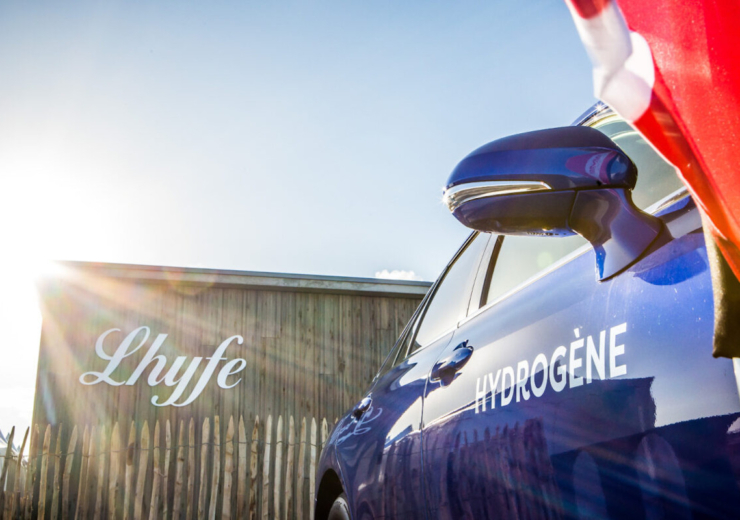Atlantic France is a land of innovation in the field of green mobility. Two examples have recently been in the news: the startup Wattpark with its decentralised network of electric charging stations and the cluster We Network which has launched a project called Power Electronic Manufacturing Services.
The European Parliament has voted in favour of a ban of the sale of new petrol and diesel cars from 2035. The automotive industry therefore has to reinvent itself and develop new mobility solutions powered by green hydrogen or electricity.
Home to many vehicle manufacturers and to the famous 24 Hours of Le Mans race, the Atlantic France region promotes smart mobility and supports innovative and ambitious collaborative projects.
Wattpark: a sharing economy and charging stations network
The group All in Factory (AIF) created the company Wattpark which has developed “the first ever monetizable and bookable EV charger”. The solution costs €600 and works with a mobile app. It is similar to marketplaces such as Airbnb: companies and individuals can offer an electric vehicle charging station in exchange for remuneration.
The company received the Automobile Awards 2020 Startup of the Year Award and has raised €4 million from fundings since its creation in 2017. Wattpark benefited from strong public support and recently settled in a 1,000 sqm factory in Allonnes, near Saumur, Atlantic France. The company expects to produce 30,000 charging stations there in 2023, and then progressively reach 1,000 units per day and have 180 employees.
We Network and Prems: the development of power electronics for electric vehicles
We Network, located in Angers, is at the heart of a community of industrials, researchers and training organisations. The technical centre is coordinating a collaborative research project called Prems. Prems stands for Power Electronic Manufacturing Services and it brings together three major French electronic subcontractors for the automotive sector, including Lacroix from Nantes.
The objective is to boost French production of power electronics to provide for tomorrow’s automotive sector needs. Funded with €2.25 million over three years, this research programme will therefore target specific new generations of EV electronics components.


 日本語
日本語  Français
Français 



